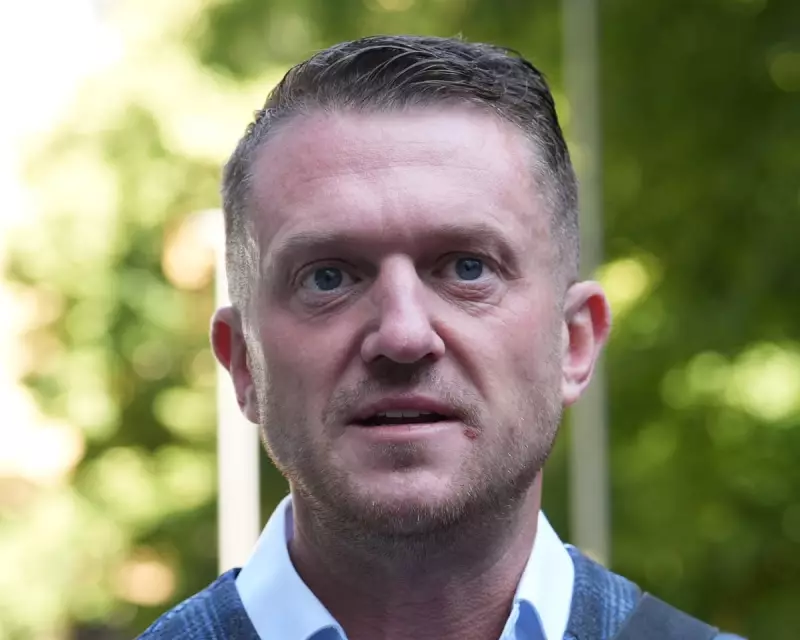
Far-right activist Tommy Robinson has been cleared of a terrorism-related offence after refusing to provide police with access codes to his mobile phone during a counter-terrorism investigation.
The controversial English Defence League founder, whose real name is Stephen Yaxley-Lennon, was acquitted at Westminster Magistrates' Court following a legal battle that tested the boundaries of police digital surveillance powers.
The Phone Code Standoff
Prosecutors had alleged that Robinson committed an offence under the Terrorism Act 2000 when he declined to hand over passcodes for his mobile device to counter-terrorism officers. The investigation was part of a broader probe into potential terrorism-related activities.
However, District Judge Tan Ikram ruled that the prosecution had failed to prove its case beyond reasonable doubt, leading to Robinson's acquittal on all charges related to the phone code refusal.
Legal Arguments and Privacy Concerns
The case highlighted ongoing tensions between law enforcement's need to access digital evidence and concerns about individual privacy rights. Robinson's defence team argued that the demand for his phone codes represented an overreach of police authority.
This legal victory for Robinson comes amid increasing debate about the balance between security powers and civil liberties in the digital age. The ruling may have implications for future cases involving compelled disclosure of digital passwords and encryption keys.
Background and Context
Tommy Robinson has been a polarising figure in British politics for years, known for his anti-Islam activism and previous leadership of the English Defence League. He has faced multiple legal challenges throughout his controversial career, including convictions for fraud and contempt of court.
The acquittal marks a significant legal outcome for Robinson, who has repeatedly clashed with authorities over various matters. Supporters celebrated the verdict as a victory for free speech and privacy rights, while critics expressed concern about the implications for counter-terrorism investigations.
The case has drawn attention to the complex legal landscape surrounding digital evidence gathering in terrorism cases, particularly as technology continues to evolve and encryption becomes more sophisticated.





